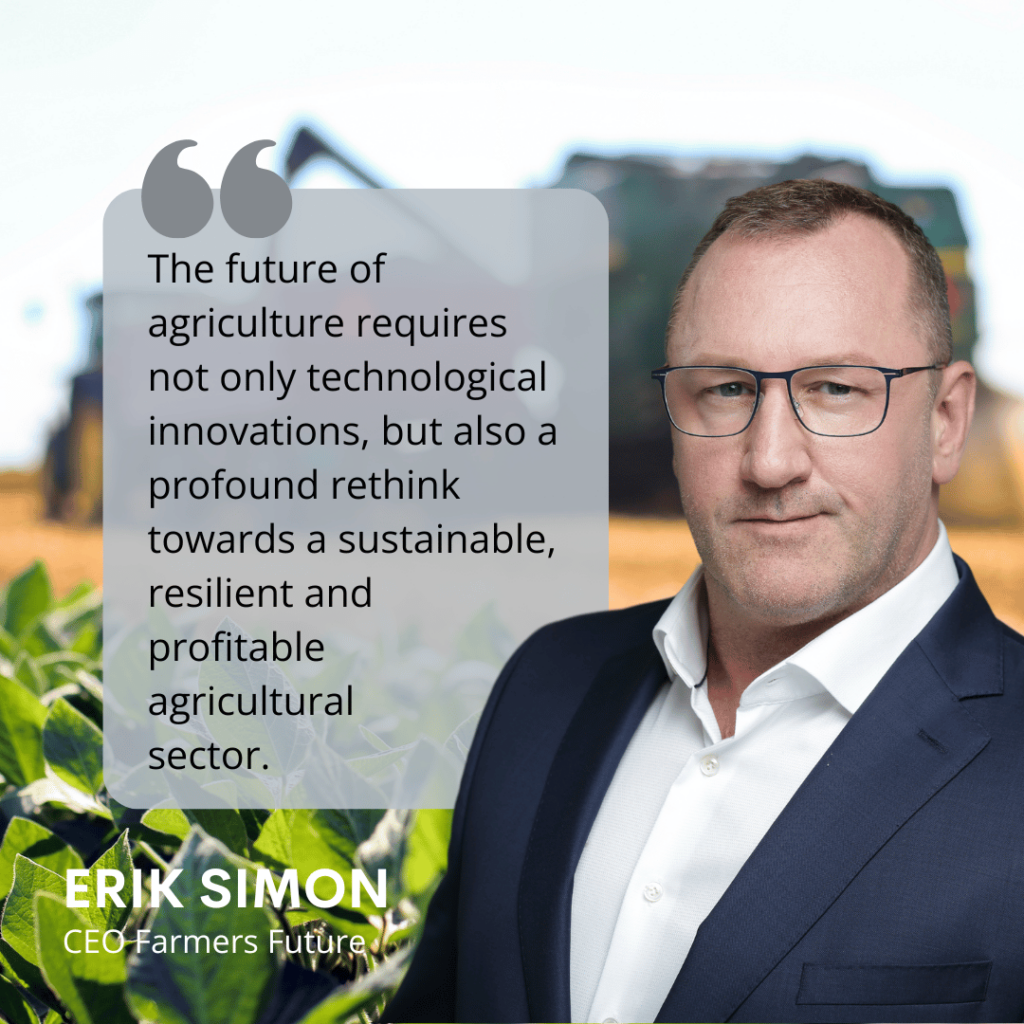10 billion people and the question remains: how can we feed everyone without destroying the planet? The global agricultural sector is undergoing profound change, affecting not only food production but also the livelihoods of millions. The key question is: Who will shape the agriculture of the future, and how can we ensure that sustainability and profitability go hand in hand? Europe faces a major transformation. As farmers become increasingly scarce, food security remains a critical issue that cannot be ignored.
The Decline of Small-Scale Farming in the EU: Shrinking Numbers and Industrialization
For decades, global agriculture has undergone a dramatic structural transformation. In Europe, the shift away from small family farms towards large, capital-intensive agribusinesses has fundamentally changed the agricultural landscape. Since 1990, the number of farms in the EU has decreased by 40% (EUROSTAT, 2007), while large corporations have taken over more and more land. This transformation is not only depopulating rural areas but also endangering local food production and the diversity of farming methods. The trend towards monocultural, industrialized farming challenges Europe’s agricultural heritage and exacerbates social inequalities.
Yet the problems go beyond the mere disappearance of farms. Industrial agriculture is often environmentally damaging and caught in a constant struggle between short-term profitability and long-term sustainability. This conflict is reflected in the growing ecological and social challenges facing agriculture worldwide.
Climate Change and Resource Scarcity: A New Reality for Agriculture
Agriculture is one of the sectors most affected by climate change. Farmers are already being forced to adapt their cultivation methods and farm structures to changing climate conditions. A primary focus is maintaining and improving soil quality. Studies have shown that organic farming methods, such as clover and alfalfa grass cultivation, significantly reduce erosion and surface runoff, which enhances soil protection and water retention. Organic farming reduces soil loss by an average of 22% and surface runoff by 26%. These benefits are particularly evident in the increased infiltration rate, which plays a key role in climate adaptation.
A critical factor in sustainable farming is humus formation. By growing crops such as clover grass and using organic fertilizers like manure and compost, the humus content of the soil is sustainably increased. Humus binds CO₂ and prevents its harmful impact on the atmosphere. This highlights the necessity of complementing conventional agriculture, which often relies on soil-depleting row crops, with more sustainable farming methods.

Is Organic Farming the Solution?
Organic farming has gained significant importance over the past decades, proving to be not only environmentally friendly but also economically viable. A prime example is organic cattle farming. Studies show that greenhouse gas emissions from cows in organic farming systems are significantly lower per kilogram of milk and per hectare of land compared to conventional farms. This is especially true for pasture-based systems, as zero-grazing operations can emit up to three times more greenhouse gases.
Another often-overlooked issue is land-use change—the conversion of pasture or forest into cropland to produce feed for export. This practice is particularly common in South America, leading to massive carbon loss in soils and contributing significantly to global greenhouse gas emissions. Approximately 18% of annual emissions are attributed to land-use change. The reliance on imported feed exacerbates climate challenges, while locally produced feed and pasture-based livestock systems offer a more sustainable alternative.
Europe’s Future Path: Farmers of Tomorrow and Technological Innovation
The future of European agriculture will be shaped by climate change, resource scarcity, and technological advancements. According to the “Farmers of the Future” study, European farmers will face a range of challenges by 2040 that will fundamentally change their work. These include extreme weather conditions, emerging pests and diseases, increasing water scarcity, and a decline in biodiversity.
At the same time, the growing global population will place even greater demands on food production. While the global demand for food will rise, farmers will have to operate under increasingly difficult conditions. Farm resilience will become more important than productivity growth, as frequent natural disasters and extreme weather events challenge traditional production models.
New technologies, such as CRISPR genome editing, sensor technology, and machine learning, could help improve agricultural efficiency while reducing environmental impact. These innovations create new opportunities but also raise ethical and regulatory concerns, particularly regarding data control and genetic modifications in farming.
Farmers Future and Enhanced Finance Solutions: Where Sustainability Meets Profitability
The agriculture of the future must strike a balance between sustainability and profitability. This is precisely where the Farmers Future project, supported by Enhanced Finance Solutions Ltd., comes into play. Farmers Future is dedicated to promoting environmentally friendly farming methods while ensuring that participating farmers and investors benefit financially. This is achieved through a crowdinvesting model, allowing individuals to invest in sustainable agricultural projects and share in the sales revenue.
Enhanced Finance Solutions provides comprehensive financial and regulatory consulting. The company specializes in advising countries and institutions on creating sustainable financial structures that benefit both people and the environment. By integrating profitability with sustainability in agriculture, projects like Farmers Future play a crucial role in shaping the future of farming.
Conclusion: The Urgent Need for a Sustainable and Resilient Agricultural Future
Global agriculture is at a crossroads. The pressure of climate change, resource scarcity, and structural shifts in the industry make it clear that radical transformation is necessary. Sustainable farming methods, technological innovations, and new financing models offer solutions, but the challenges remain immense.
Projects like Farmers Future demonstrate that sustainability and profitability can go hand in hand. However, we must not forget: Without farmers, there is no food—and without food, there is no future. It is time to rethink agriculture from the ground up and develop sustainable solutions that serve both people and the planet.
